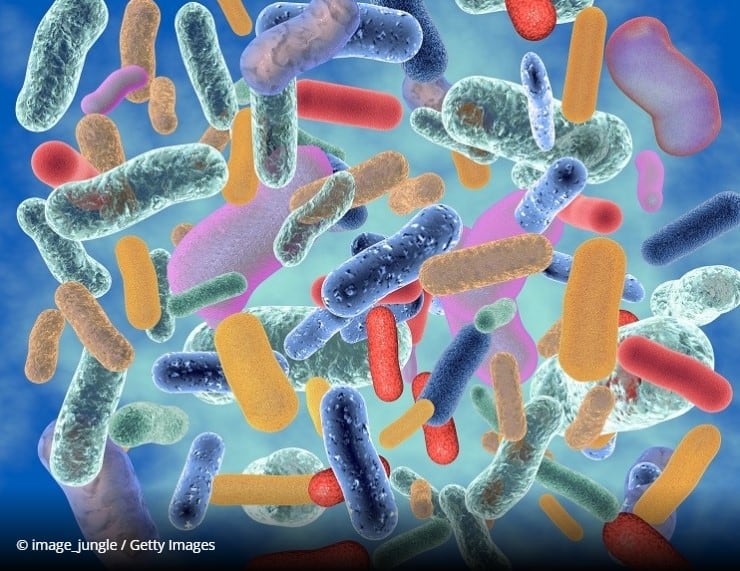In further studies, the team from Quadram Institute and the University of East Anglia, found microbes from older mice likely caused brain inflammation in younger recipients and depleted a key protein needed for vision.
"This ground-breaking study provides tantalising evidence for the direct involvement of gut microbes in ageing, says Professor Simon Carding, from UEA's Norwich Medical School and Head of the Gut Microbes and Health Research Programme at the Quadram Institute.
“The functional decline of brain function and vision and offers a potential solution in the form of gut microbe replacement therapy."
Gut lining integrity
The study, published in the journal Microbiome, found the microbiota from old donors led to loss of integrity of the lining of the gut.
This allowed bacterial products to cross into the circulation, which results in triggering the immune system and inflammation in the brain and eyes.
In the eye, the team also found certain proteins linked with retinal degeneration were raised in young mice receiving FMTs from old donors.
In old mice, these changes in the gut, eye and brain could be reversed by transplanting the gut microbiota from young mice.
Manipulating diet and gut
"We were excited to find that by changing the gut microbiota of elderly individuals, we could rescue indicators of age-associated decline commonly seen in degenerative conditions of the eye and brain,” adds study lead author, Dr Aimee Parker from the Quadram Institute.
"Our results provide more evidence of the important links between microbes in the gut and healthy ageing of tissues and organs around the body.
“We hope that our findings will contribute ultimately to understanding how we can manipulate our diet and our gut bacteria to maximise good health in later life."
Source: Microbiome
Published online: DOI: 10.1186/s40168-022-01243-w
“Fecal microbiota transfer between young and aged mice reverses hallmarks of the aging gut, eye, and brain.”
Authors: Aimée Parker et al.




